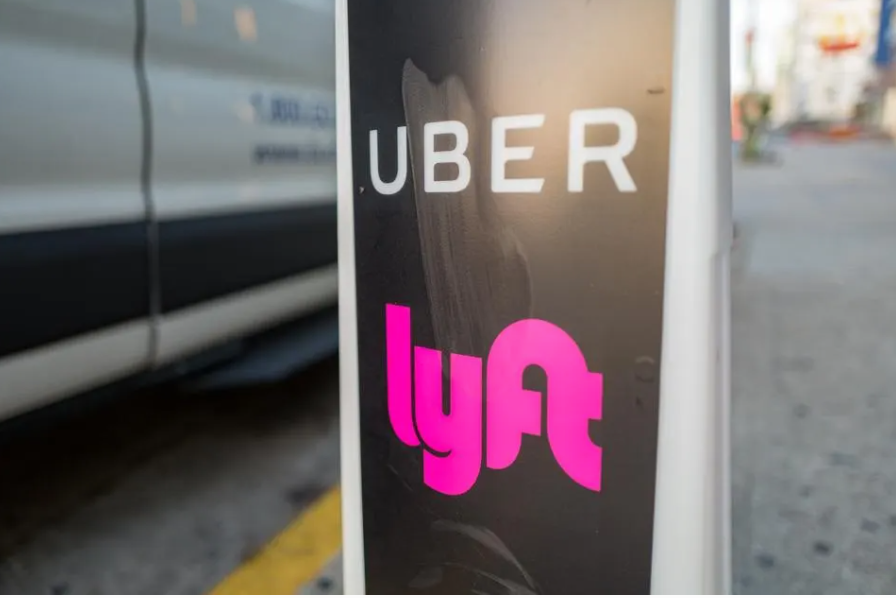How Companies and CEOs can respond to threats, boycotts and rumors
- Cheryl Dixon
- Mar 8, 2022
- 2 min read
It's not an easy time to be a CEO. Increased (and sometimes unwanted) visibility on the world stage, responsibility to embody a company's values and the public's expectation to respond to key social and political issues are all growing demands of today's executives, who must be mindful of and prepared for unique risk.
Forbes.com contributor Ed Segal writes that “Companies and their executives that are in the news can find themselves the center of unwanted public attention, harsh criticism and damaging rumors which can create or prolong crisis situations for them.”
What should companies and executives do when faced with boycotts, threats or negative rumors? In this article, I discuss the need for Plans and Policies, the importance of a Risk Assessment and maintaining Control of the narrative.

Some other considerations and best practices:
If the threat is to reputation or a boycott of the business, the company needs to make a decision on whether the issue is valid, represents a significant threat to its business, reputation or morale and if the desired action is in line with the company’s mission, values and existing policy.
Not responding is an option…but more often than not, leaders will want to control the narrative and correct any misperceptions or skewed accusations. This does not mean opening a company’s entire playbook to the public…it should be a basis for selective sharing of policy and strategy and acknowledgement that the issue is on the company’s radar.
Monitoring the situation is critical to determine if the threat or complaint is gaining traction or visibility to key audiences.
If a threat of boycott comes as a result of a company’s business practices or decisions on social issues, leaders and their key advisors may want to re-examine their position and determine if changes are needed and warranted. This is an important step…even if the company’s position will remain the same, it is good practice to acknowledge the concern and be able to justify the rationale behind the action or policy.
If the company decides it is in its best interests, and in the interests of their customers or public to change its position, the same fundamentals apply: acknowledge the concern and its importance to key audiences, how and why the company made the decision and also give credit to those that raised the concern and prompted it to re-examine its current policy.
(Cover photo: NEW YORK, NEW YORK - DECEMBER 05: CEO of Pfizer Inc. Albert Bourla, DVM, Ph.D. attends 2019 Forbes Healthcare Summit at the Jazz at Lincoln Center on December 05, 2019 in New York City. (Photo by Steven Ferdman/Getty Images)
GETTY IMAGES)





Comments